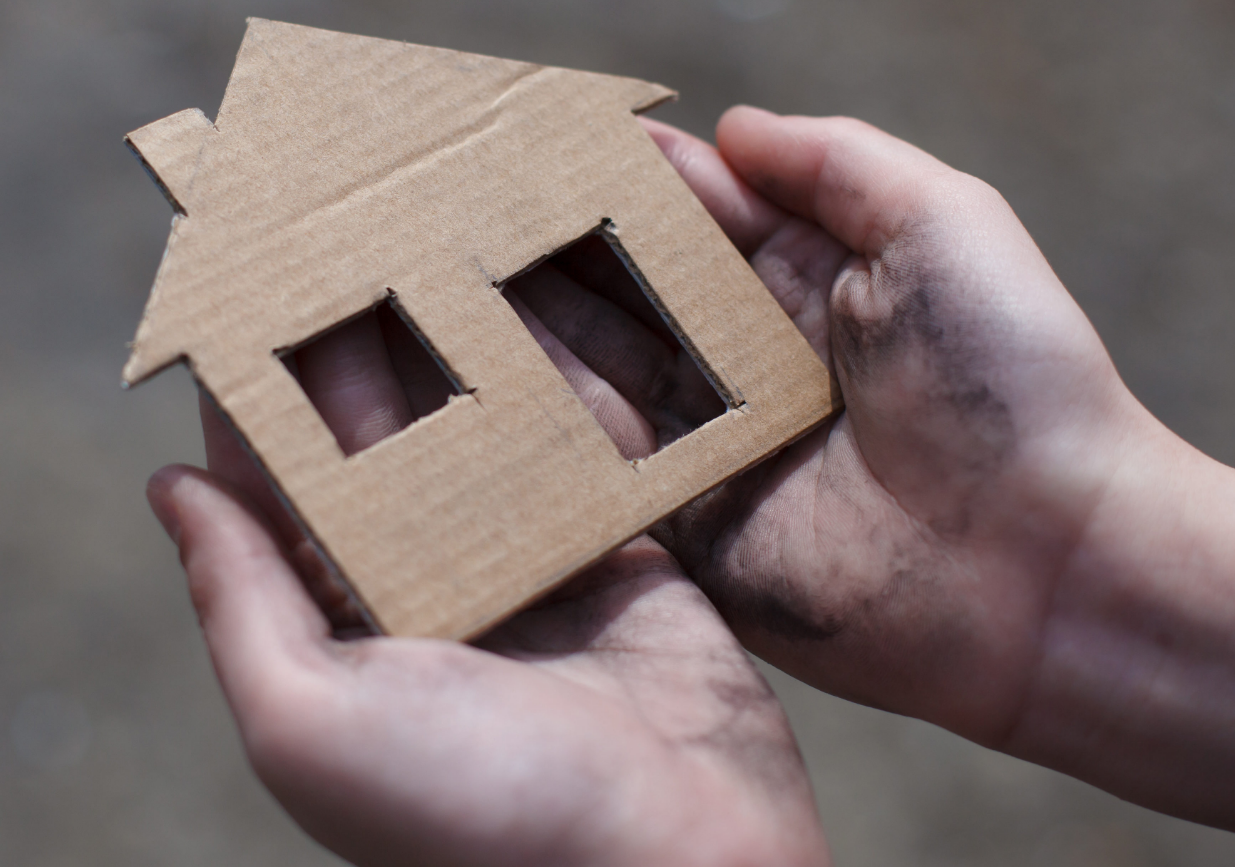

Photo/Unsplash
Homelessness crisis deepens amid urgent call for policy reform
Housing advocates are sounding the alarm over worsening homelessness as policy changes and funding cuts hinder access to stable housing.



US funding cuts threaten to 'dry up' future of Pacific scientists - expert


Immigration reassesses toddler's declined visa request as Children's Commissioner steps in


Inked across lands: How Pacific tattoo art is thriving in Germany

US funding cuts threaten to 'dry up' future of Pacific scientists - expert


Immigration reassesses toddler's declined visa request as Children's Commissioner steps in
Housing advocates are calling for a rethink of government policies that they say are worsening homelessness in Aotearoa.
They claim that with frontline services facing funding cuts and capacity shortages, more individuals are finding themselves without shelter.
The concerns come amid an RNZ report about the Government scrapping part of an intervention programme aimed at helping Kiwis get into, or remain in, stable housing.
According to Aaron Hendry from the youth homelessness service Kick Back, recent policy changes, including stricter criteria for housing assistance and the reintroduction of no-cause evictions, are contributing to an increase in rough sleeping.
"Walk around Auckland City Centre, go walk around Wellington City Centre. There's more people sleeping on the streets," Hendry told PMN News.
“Just today, I've had to say goodbye to a young person, we were not able to find a place for them, and they are sleeping under a bridge tonight, that is the reality.”
A report released by the Ministry of Social Development (MSD) in December highlighted “insufficient frontline capacity” and “organisational pressures” that hinder efforts to prevent people from entering emergency housing.
The report stated an increasing focus on supporting more people off the Jobseeker benefit.
Hendry argues that prioritising employment over stable housing is misguided.

Aaron Hendry (centre) from Kick Back launches The Front Door on Karangahape Road, supporting homeless youth. Photo/Supplied
“Over the last 10 to 15 years, I've never met a young person who was experiencing homelessness that didn't want to work,” Hendry says.
“The reality is when you're without a safe place to live, when every day you're trying to survive, when every day your life is at risk, finding employment is really, really hard.”
The MSD Housing Report found that 14 per cent of emergency housing applicants identify as Pacific people, placing them third after European and Māori applicants.
Government response
In December 2024, 591 families were in emergency housing motels, a 75 per cent decrease from 3141 families a year earlier.
Associate Housing Minister Tama Potaka celebrated the milestone in a statement, saying the Government had achieved its target five years ahead of schedule.
“This means thousands of tamariki who were previously consigned with their whānau to grow up in dank motel rooms are now living in better homes …where they have a better opportunity for regular school attendance, to maintain enrolment with local health services, and to enjoy all the other benefits of having a stable home in a community.”
But Vicki Sykes, Chief Executive of Monte Cecilia Housing Trust, says it is increasingly difficult for families to access the social housing register.
"We see every day more and more people coming to us desperate for housing and finding it more difficult to navigate MSD,” Sykes told William Terite on Pacific Mornings.
She says the lack of funding is a major constraint. "Clearly, MSD have a lack of resources, and the Minister has said he's shifting the focus to JobSeeker support. However, that doesn't solve the issue of homelessness and emergency housing.
"They are left with shifting the deck chairs around to try and find solutions without spending any more money,” Sykes says.
The second phase of MSD’s report will focus on a holistic approach to reducing the need for people seeking emergency housing support.

Photo/File
Looking ahead
Sykes says the Monte Cecilia Housing Trust is dedicated to helping low-income families find affordable and suitable housing.
She says while the Government is committed to underwriting the finance for more community housing, providers struggle to build guaranteed operational costs.
“We can't actually sign on the dotted line and build anything because it would be financial suicide for an organisation to do so.”
Hendry urges the Government to prioritise a future where no one has to sleep on the streets.
“We should be ensuring that all of our public services, all of our public ministries are laser-focused on ensuring that every single Kiwi is inside this winter, has shelter, has a pathway into stable housing, and that we have a 20, 30, 40-year plan.”
Watch Vicki Sykes' full interview below.